Will Donald Trump go to jail? Legal experts are divided
Judge Juan Merchan has set the sentencing for July 11 where he faces up to four years in prison - although any sentence would usually be deferred pending an appeal which could take at least a year | THE SCENARIOS
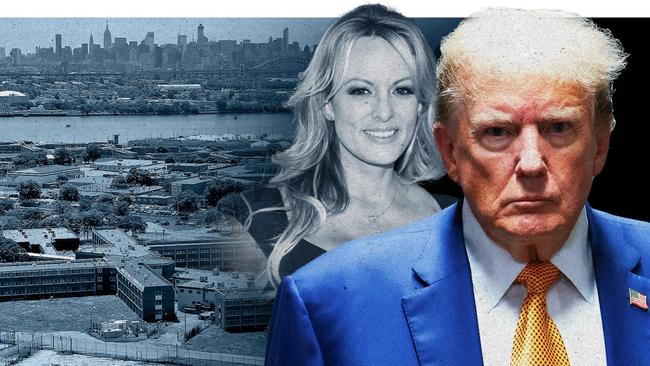
Donald Trump has been found guilty by a Manhattan jury, becoming the first serving or former US president to be convicted of a crime.
Trump, 77, was accused of falsifying business records to conceal a so-called hush money payment of $130,000 (£102,000) to Stormy Daniels, made by Michael Cohen, Trump’s former attorney, in October 2016. Prosecutors said that the payment was part of attempts to suppress negative coverage of Trump in order to influence the presidential election.
Judge Juan Merchan has set the sentencing for July 11 at 10am. The maximum Trump could face is four years in prison, although any sentence would usually be deferred pending an appeal. This could take at least a year, therefore delaying it until after the presidential election in November.
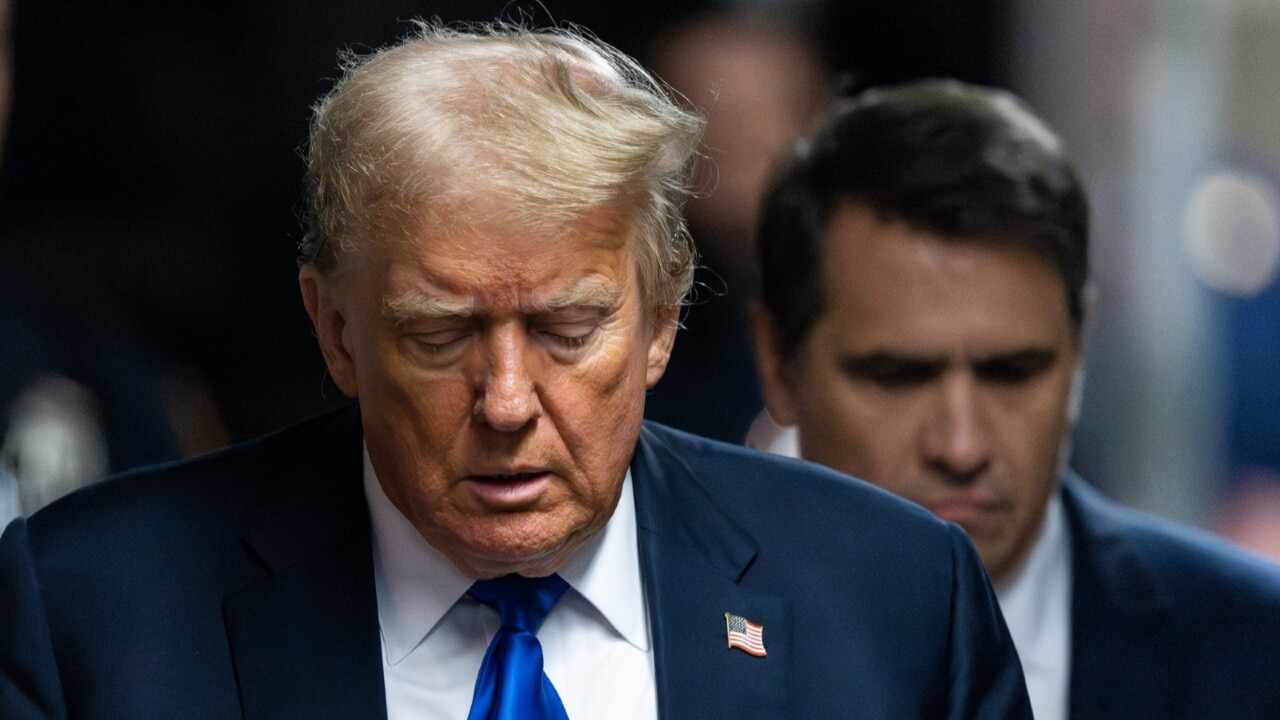
How likely is it that Donald Trump will go to jail?
As Trump is a non-violent offender in his late seventies with no previous convictions, not to mention as a former president and a leading candidate in the coming election, Judge Merchan is not expected to hand down a prison sentence.
Before sentencing, the probation department conducts an evaluation of “the social and criminal history of the convicted defendant”, said Martin Horn, the former head of the New York City Department of Correction, who is now a criminal justice professor.
“I think in this case, under the circumstances, I can’t see the judge imposing a sentence of incarceration,” Horn said. “But he might impose a sentence of probation or he might impose a conditional discharge, which I would describe as unsupervised probation.”In this case, you are “free to go and sin no more. But the conviction remains on your record,” he said. In New York and in Florida, where Trump is registered to vote, those serving a period of probation or a period of conditional discharge are barred from voting.
However, some legal experts following the case believe that Merchan may consider putting Trump behind bars.
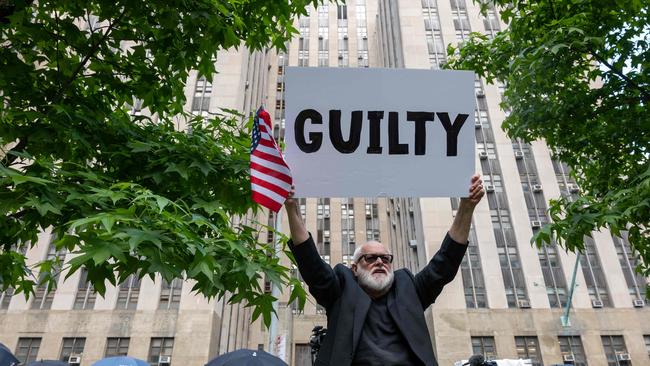
“I think the judge sees him as someone who has little respect for the law,” said Bradley Simon, a defence attorney and a former federal prosecutor. “At sentencing, the judge always looks for signs of contrition and acceptance of responsibility and Trump will never do that.”
Merchan told Trump during the trial that “the last thing I want to do is to put you in jail”. Addressing the defendant from the bench, while the jury were absent from the courtroom, Merchan said: “You are the former president of the United States and possibly the next president, as well. There are many reasons why incarceration is truly a last resort for me.”
But Merchan addressed these remarks to Trump after finding him in contempt of court, for a tenth time in a matter of weeks. He was concerned about how jailing Trump would effect “the court officers, the correction officers, the Secret Service detail, among others” who would have to “execute that sanction”, he said. But he wanted Trump to know that he would consider it.
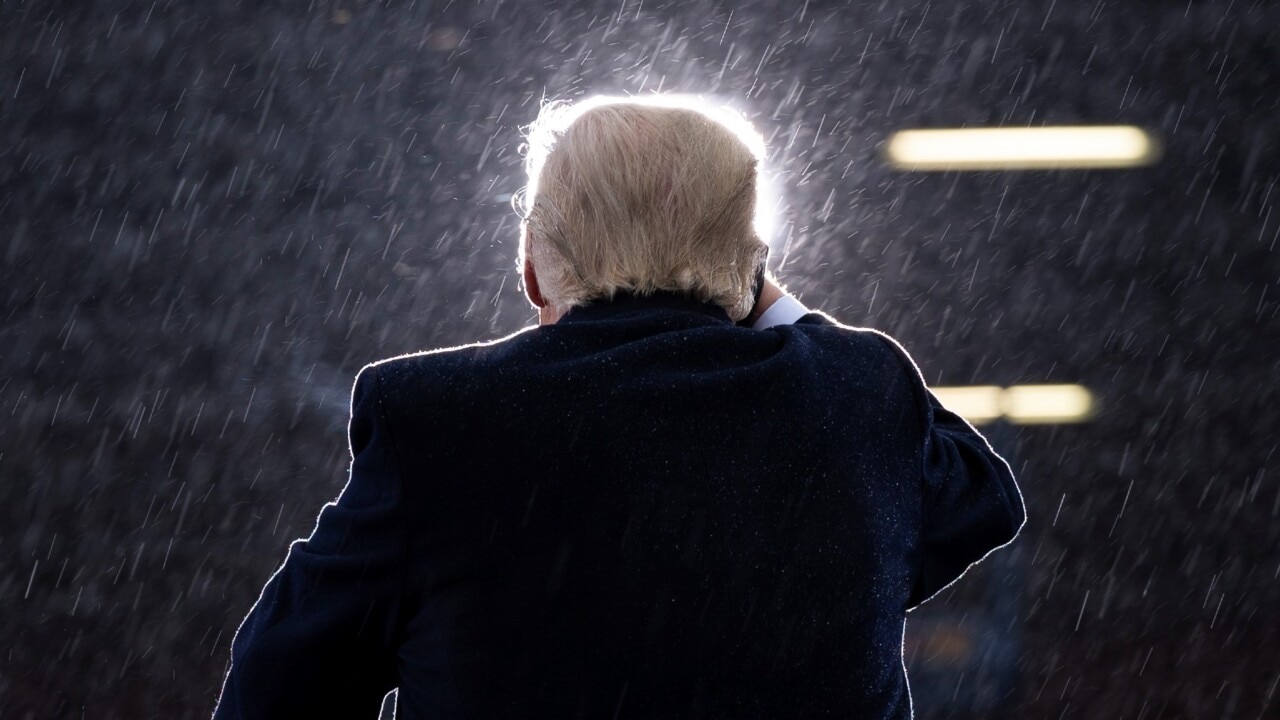
“Your continued violations of this court’s lawful order threaten to interfere with the administration of justice in constant attacks which constitute a direct attack on the rule of law,” he said. “I cannot allow that to continue.”
Simon believes that Merchan, in seeking and failing to restrain Trump from attacking the jury and witnesses, “has lost patience with him and sees him as someone he should send to jail. I think there is a strong likelihood of that.”
Mitchell Epner, a defence attorney with the New York firm Kudman Trachten Aloe Posner, agreed. “His behaviour during the course of this trial has been so abysmal,” he said.
It is also “one of the factors that the court is allowed to take into consideration in sentencing”. The judge might conclude that there was a “general deterrent” value, in “deterring other people from acting in the way that Trump did”, he said.
There would also be a specific deterrent, in “preventing Trump from acting the same way”, he said. He could “easily conclude that Trump needs to be incarcerated for two or three months”. He added that this was a “sheer guess” as there is no previous example of a former president going on trial.
The lawyer Norman Eisen, author of Trying Trump: A Guide to His First Election Interference Criminal Trial, reviewed thousands of cases in the state of New York involving defendants charged with falsifying business records. Of those convicted, about one in ten received a prison sentence, Eisen said in an essay for The New York Times in April.
A prison sentence for a “run-of-the-mill business record falsification” case “would be unlikely”, he wrote. But the charges against Trump allege that he concealed a payment to influence a presidential election, which is conduct “that might have changed the course of American history”.
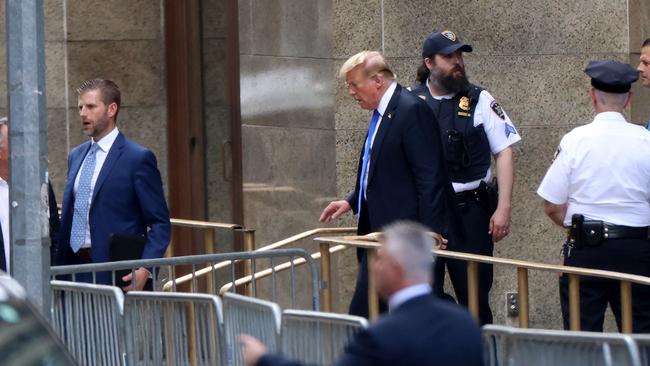
What if Trump is elected?
American citizens can still run for president even if convicted of a crime or in prison. Trump still faces three other criminal prosecutions.
If Trump loses the presidential election in November, and if an appeal against his hush money conviction fails, any sentence might begin next year. Elevation to the presidency, however, would almost certainly shield him from any jail time. Though he would not be able to pardon himself, as the case was brought by a state court rather than a federal one, the justice department has held that jailing an American president could make it harder for them to serve in the highest office in the land.
A memorandum for the US attorney-general, from the year 2000, states that “given the unique powers granted to and obligations imposed upon the president, we think it is clear that a sitting president may not constitutionally be imprisoned”.
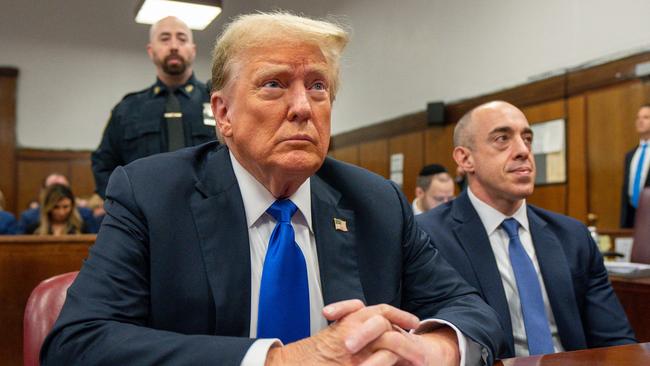
Which prison would he go to?
Trump would be taken to Rikers Island, a city jail in the East River, Horn said. After ten days, prisoners are then transferred to a state prison unless the sentence is less than a year, in which case it could be served at Rikers.
Merchan could alternatively impose a sentence of home confinement, mindful of the strain that could be placed on any prison that was required to keep a former president as an inmate.
A complex on the south side of Rikers Island known as the West Facility, built to keep prisoners with contagious diseases apart from others, might be used to host an inmate with a Secret Service detail. Horn said the cells there were relatively large, air-conditioned and equipped with a shower so the occupant does not need to leave it to wash. An adjoining space, which includes a nurse’s station and an office space, could be occupied by a rotating cast of Secret Service agents.
Horn believes that officials from New York’s prison system and from the Secret Service will have already spoken about how Trump could be accommodated. A key challenge would be the guns the agents carry. Prison guards on Rikers Island do not carry firearms except when escorting prisoners off the island, for fear that an inmate could get hold of one.
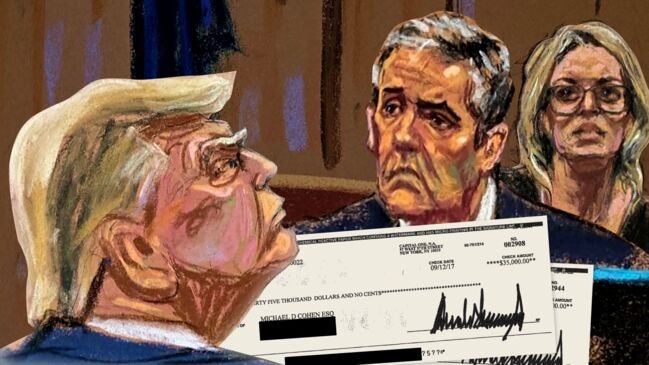
If Secret Service agents were to remain armed, while guarding the former president, they would have to be kept apart from other prisoners. Horn felt that the West Facility would be well suited for that.
Sarena Townsend, the former head of internal affairs at the jail, felt that Trump would be perfectly safe in New York’s most infamous jail. He would be kept apart from other inmates, as other famous prisoners have been, she said.
The great concern for prison officials, Townsend said, was that footage might emerge of these famous prisoners. “The most dangerous thing that could happen to Donald Trump on Rikers Island is that someone leaks a video of him there to the press,” she said.
The Times


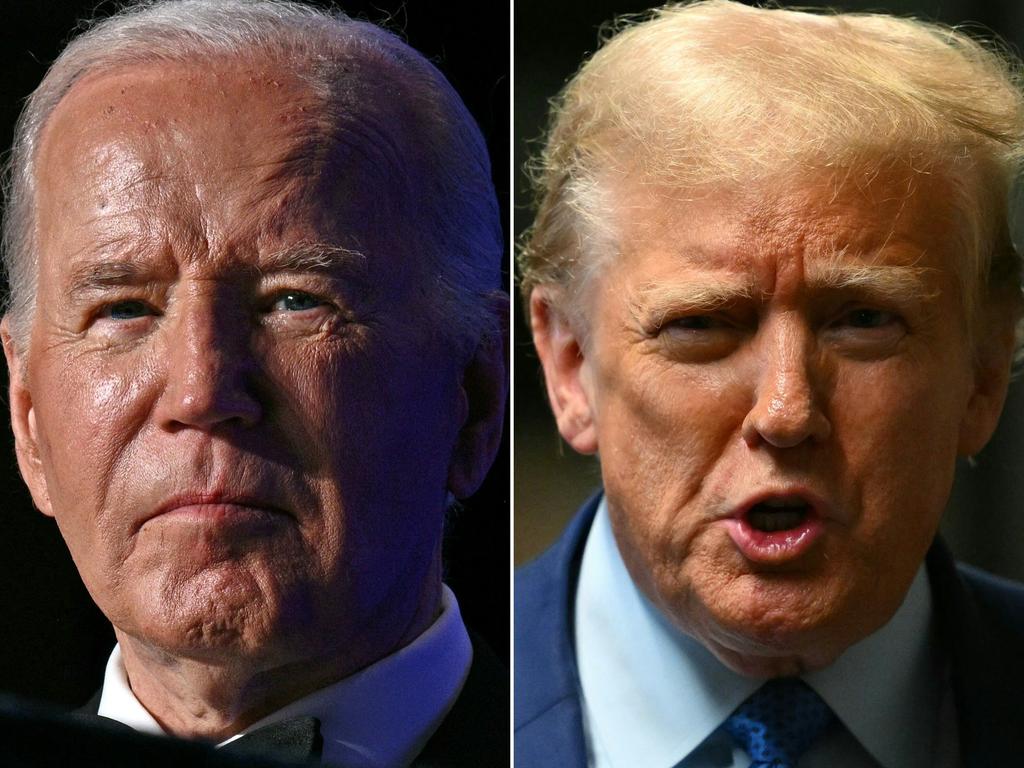

To join the conversation, please log in. Don't have an account? Register
Join the conversation, you are commenting as Logout